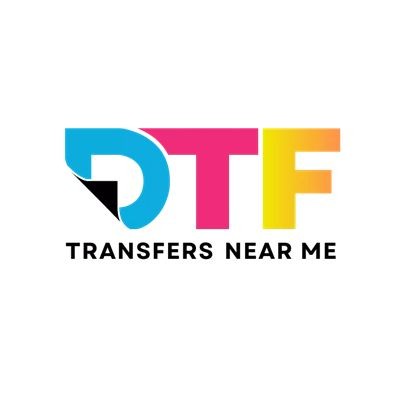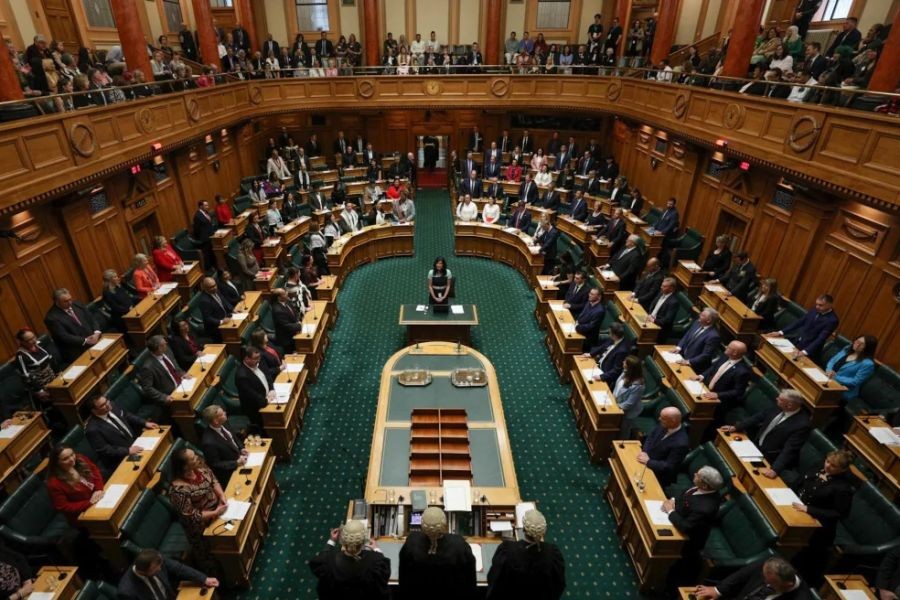In an age where digital marketing is as dynamic as the technology that powers it, New Zealand stands at the cusp of a transformative era that will redefine how businesses engage with consumers. The next five years promise significant evolution in this industry, driven by shifts in consumer behavior, technological advancements, and policy changes. For strategic business consultants in New Zealand, understanding these upcoming trends is essential for guiding businesses through the digital marketing metamorphosis.
Understanding the Current Landscape
New Zealand’s digital marketing sector is currently valued at approximately NZD 500 million, with projections suggesting it will surpass NZD 1 billion by 2028, according to Stats NZ. This growth is fueled by an increasing digital footprint of businesses, the ubiquitous presence of social media, and a tech-savvy population. However, the journey ahead is not without its challenges and opportunities.
Case Study: The Rise of E-commerce in New Zealand
Consider the example of Mighty Ape, one of New Zealand’s leading e-commerce platforms. Faced with the challenge of declining in-store sales, Mighty Ape embraced a robust digital marketing strategy leveraging SEO, personalized email campaigns, and social media advertising. As a result, they reported a 30% increase in online sales within just six months, illustrating the power of strategic digital engagement.
Major Trends Shaping the Future
To anticipate the future of digital marketing in New Zealand, one must consider several pivotal trends:
- AI and Machine Learning: By 2028, it's predicted that 70% of digital marketing campaigns will be AI-driven, according to a report by NZTech. This technology will enable hyper-personalization, allowing businesses to tailor their offerings to individual consumer preferences at scale.
- Increased Regulation: With growing concerns around data privacy, New Zealand is likely to see stricter regulations akin to the GDPR in the EU. Compliance will become a significant focus, with businesses needing to navigate these changes carefully to maintain consumer trust.
- Augmented Reality (AR) Marketing: AR is set to transform customer experiences by 2026, with immersive ads becoming a staple in digital strategies. This trend is already gaining traction in sectors like real estate and retail, offering consumers interactive and engaging content.
Expert Insight: The Impact of AI on Local Marketing Strategies
While AI in marketing is not a novel concept globally, its application in New Zealand is poised for significant growth. According to a survey by the University of Auckland, businesses that have adopted AI tools like chatbots and predictive analytics report a 35% increase in customer engagement. This insight underscores the importance of AI as a catalyst for improving customer interactions and driving brand loyalty.
Pros and Cons of Emerging Digital Marketing Trends
Pros:
- Enhanced Targeting: AI and machine learning facilitate precise consumer targeting, improving conversion rates and marketing ROI.
- Cost Efficiency: Digital marketing allows for cost-effective campaigns that can be adjusted in real-time based on performance metrics.
- Global Reach: The digital landscape provides New Zealand businesses with the opportunity to expand their reach beyond local markets.
Cons:
- Regulatory Challenges: Navigating the evolving landscape of data privacy regulations can be complex and resource-intensive.
- Technological Dependence: Over-reliance on technology can lead to a lack of human touch, potentially alienating some customer segments.
- Security Risks: Increased digital engagement heightens the risk of cyber threats, necessitating robust security measures.
Debunking Common Myths
As digital marketing evolves, so do the misconceptions surrounding it:
- Myth: "Social media is only for young audiences."Reality: According to a study by Consumer NZ, 45% of New Zealanders aged 65+ are active on platforms like Facebook, making social media a relevant channel across age groups.
- Myth: "Email marketing is dead."Reality: Email remains a powerful tool, with businesses reporting an average ROI of 42:1, as highlighted by a 2024 survey from the Direct Marketing Association of NZ.
Future Trends & Predictions
The next five years will witness a digital marketing landscape characterized by increased automation, personalized content, and integrated consumer journeys. By 2028, approximately 50% of New Zealand's marketing budgets will be allocated to digital channels, as businesses seek to capture the attention of an increasingly digital-first consumer base (Source: Deloitte NZ Digital Marketing Outlook 2025).
Conclusion
As New Zealand’s digital marketing industry evolves, strategic business consultants must equip themselves with the knowledge and tools necessary to navigate this transformation. By understanding emerging trends and leveraging new technologies, businesses can position themselves for success in an increasingly competitive landscape. What strategies will you implement to stay ahead of the curve? Share your thoughts and insights below!
Related Search Queries
- Future of digital marketing in New Zealand
- AI in marketing trends 2028
- New Zealand digital marketing statistics 2023
- Impact of data privacy regulations on marketing
- Best digital marketing strategies for Kiwi businesses
People Also Ask
How will AI impact digital marketing in New Zealand? AI will enhance personalization and targeting, enabling businesses to improve customer engagement and drive higher ROI, according to NZTech.
What are common misconceptions about digital marketing? A common myth is that social media is only for young audiences, but data shows significant engagement across all age groups, as per Consumer NZ.
What future trends will shape the digital marketing landscape? Trends such as AI-driven personalization, AR marketing, and increased regulation will redefine the industry, per Deloitte's 2025 report.

































JamikaSchr
9 months ago